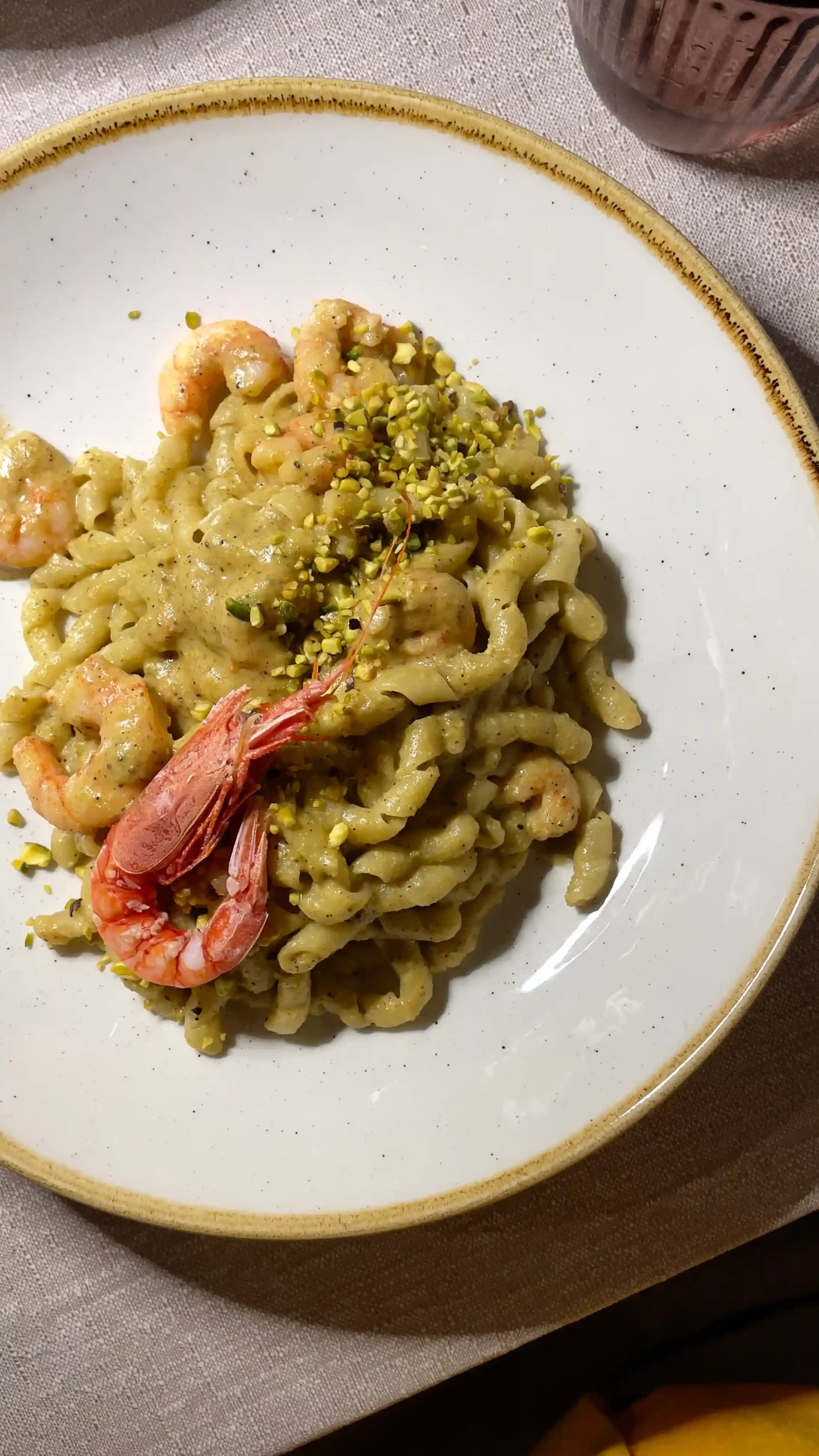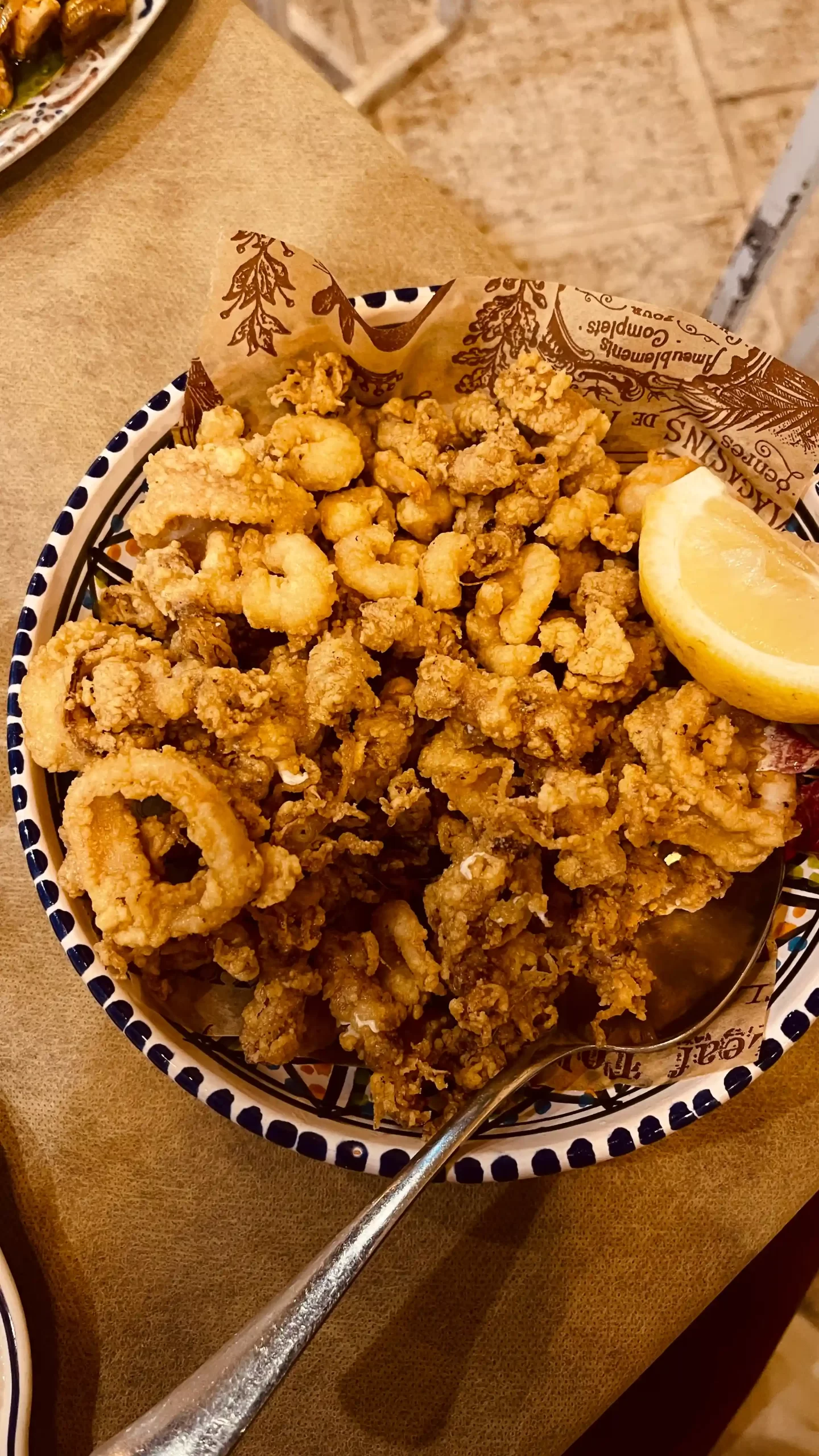Mazara's Arab Influence
Mazara del Vallo, located on Sicily’s coast, bears the profound influence of its Arab heritage. From its architecture to its culinary traditions, remnants of Arab civilization permeate the city’s identity. The labyrinthine streets of the historic center showcase Moorish arches and whitewashed buildings, while flavorsome dishes like couscous and sweets reflect Arab culinary contributions. Mazara’s cultural tapestry is woven with vibrant markets and festivals celebrating this heritage, offering visitors an immersive experience in the fusion of cultures that has shaped the city’s character over centuries.
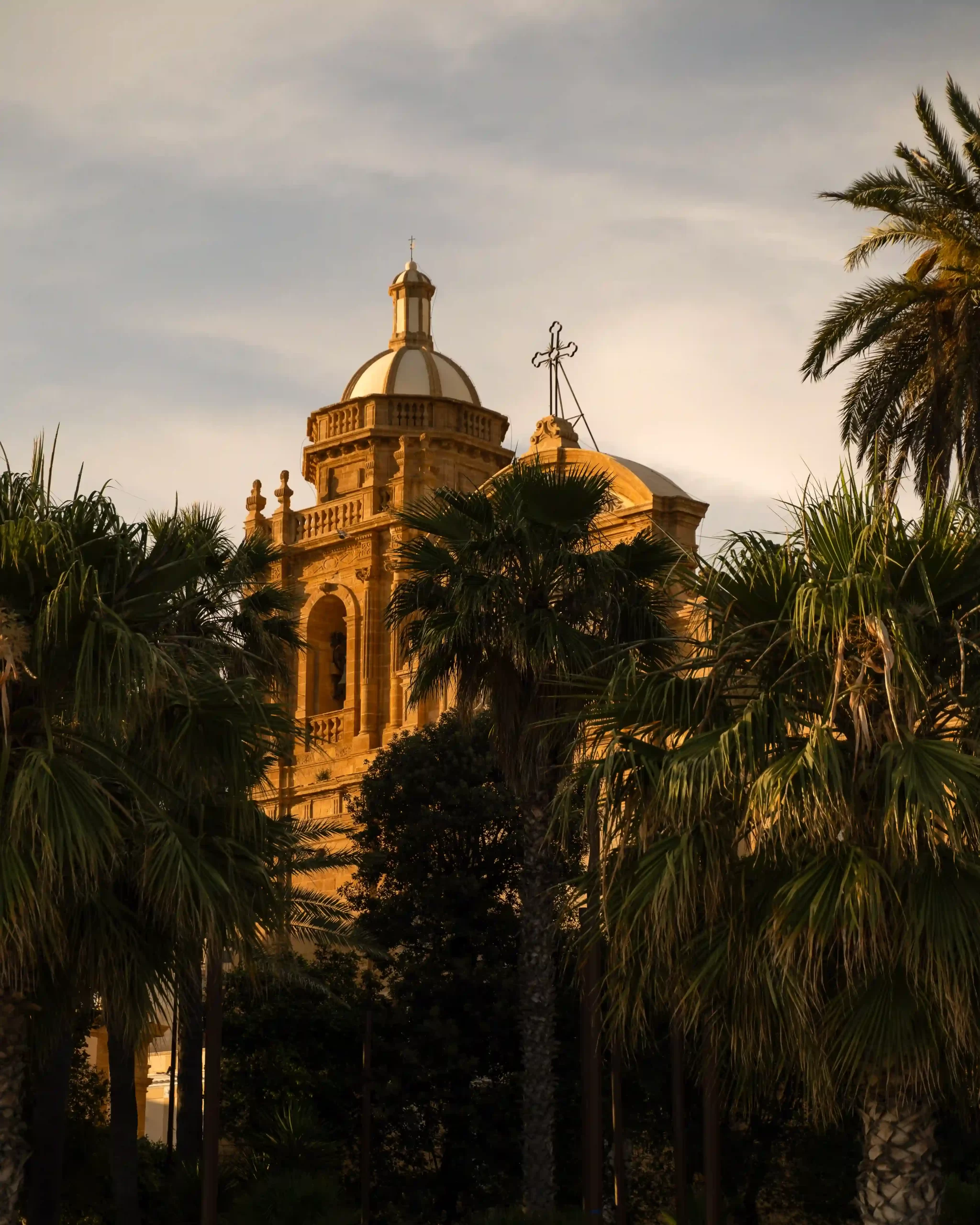
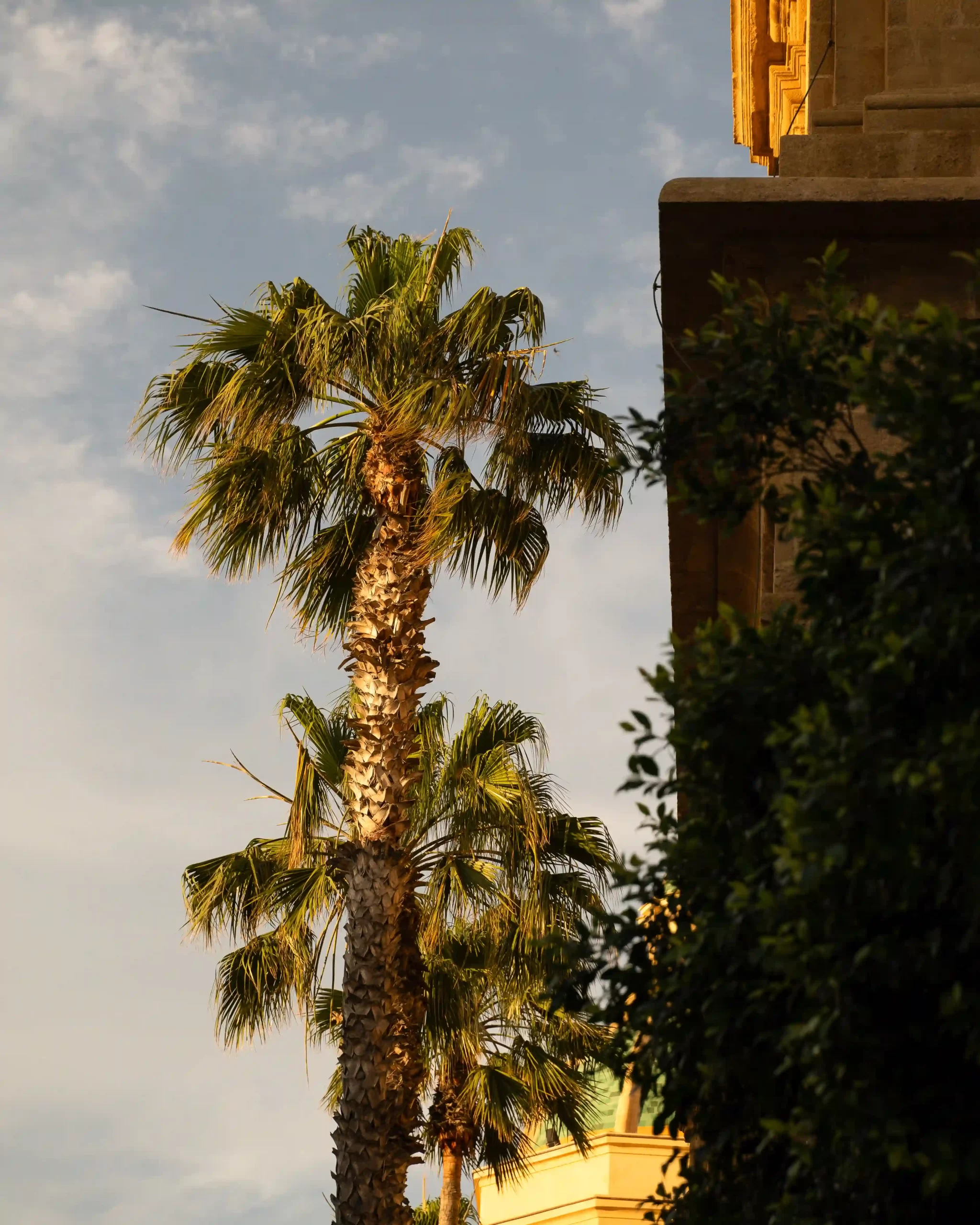
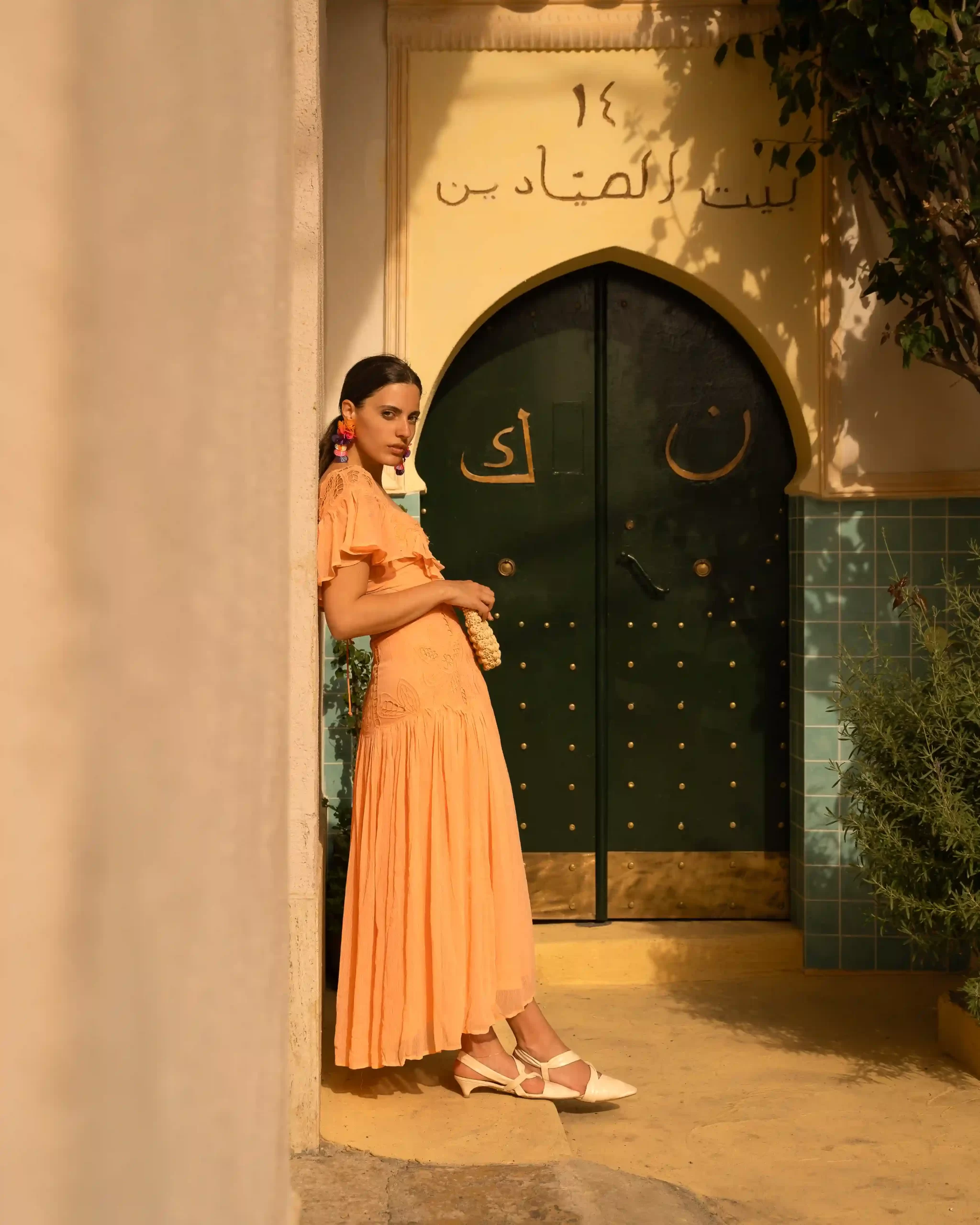
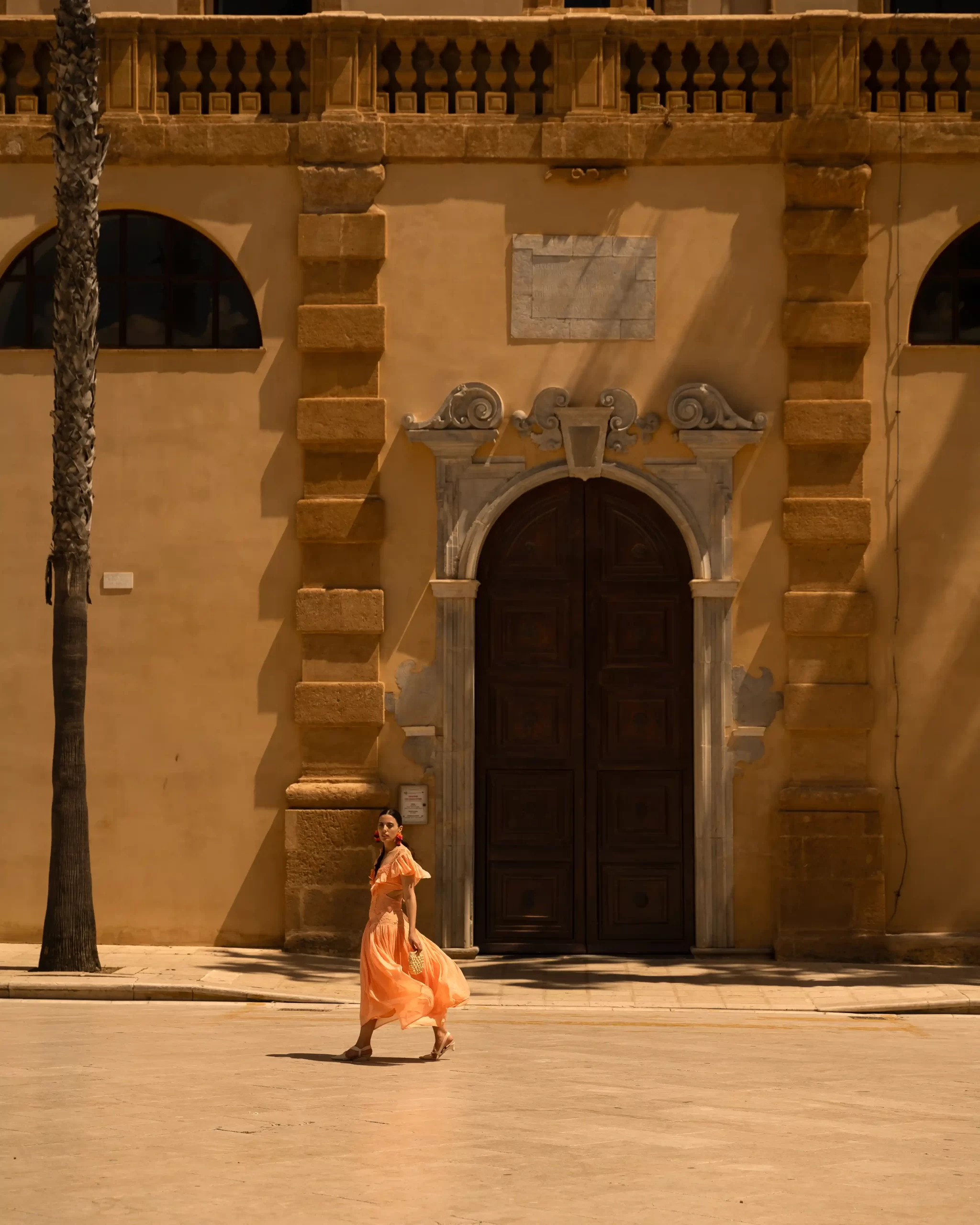
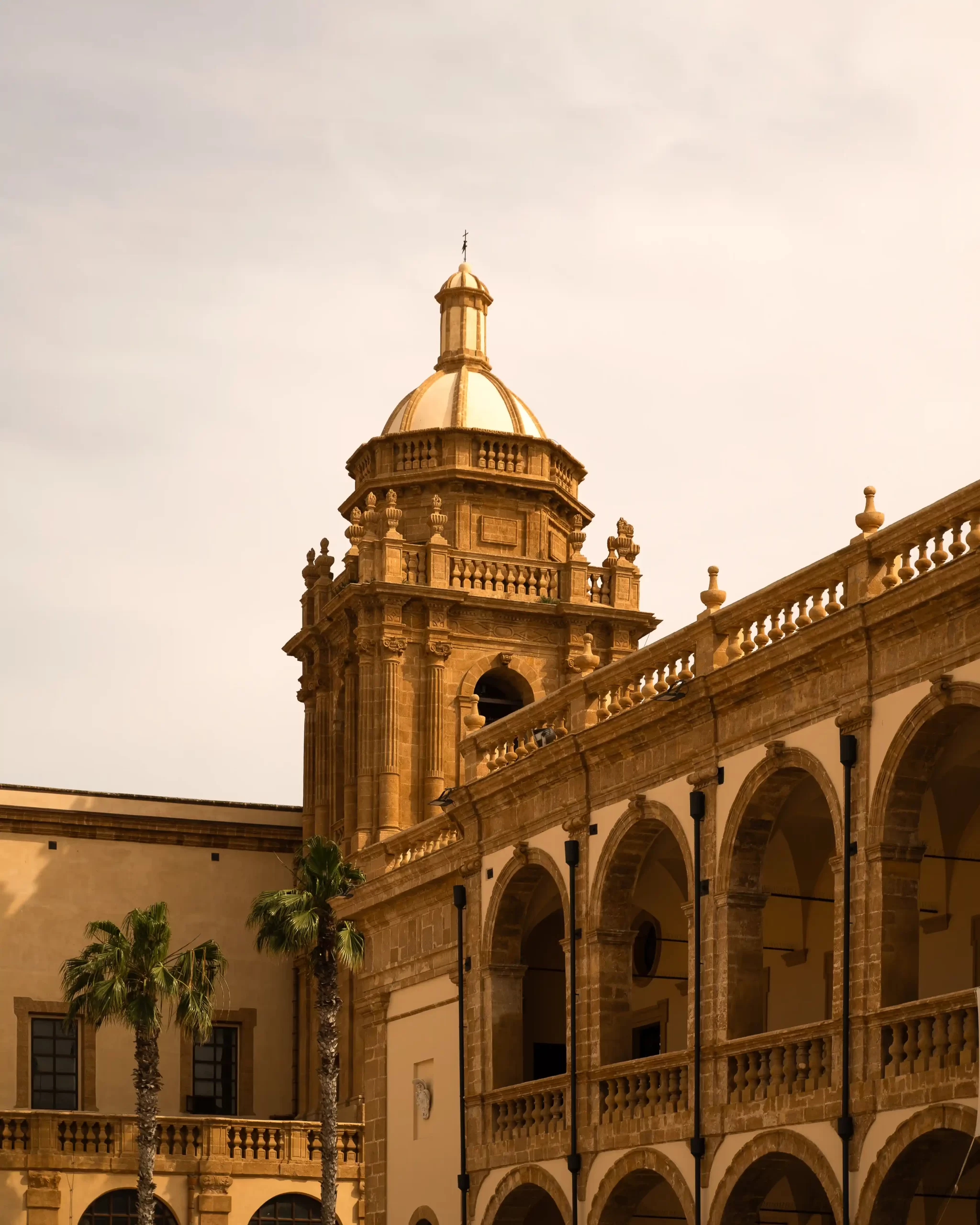
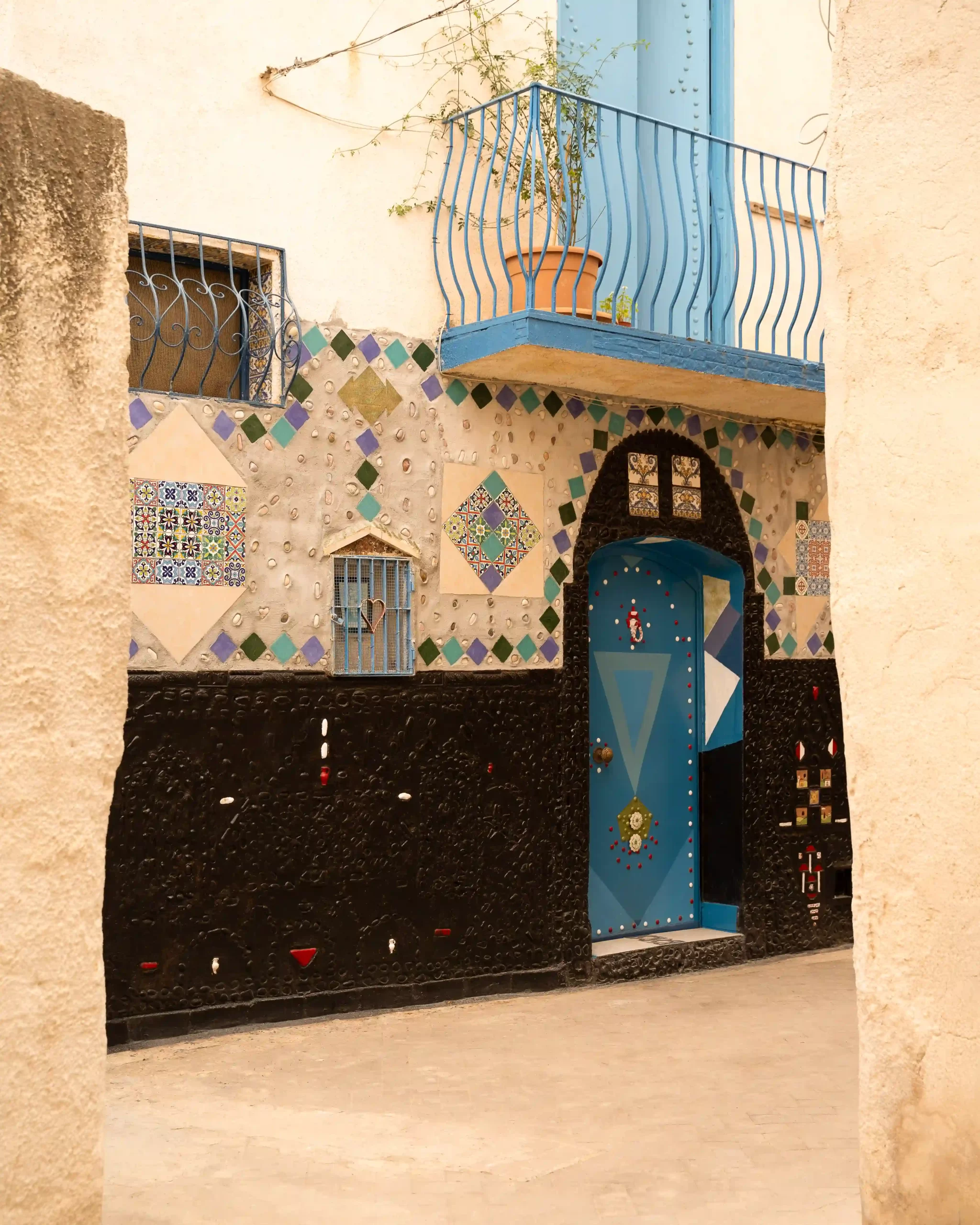
Arab details seep into the alleyways of Mazara del Vallo, adorned with Moorish arches and whitewashed facades, testament to a rich and multifaceted past. Every corner tells a story of coexistence and cultural exchange, where Arab craftsmanship merges with Sicilian identity. From the intricacy of decorations to the inlays in the doors, the details reflect a shared vision of beauty and harmony, framing the multicultural soul of this captivating coastal town.
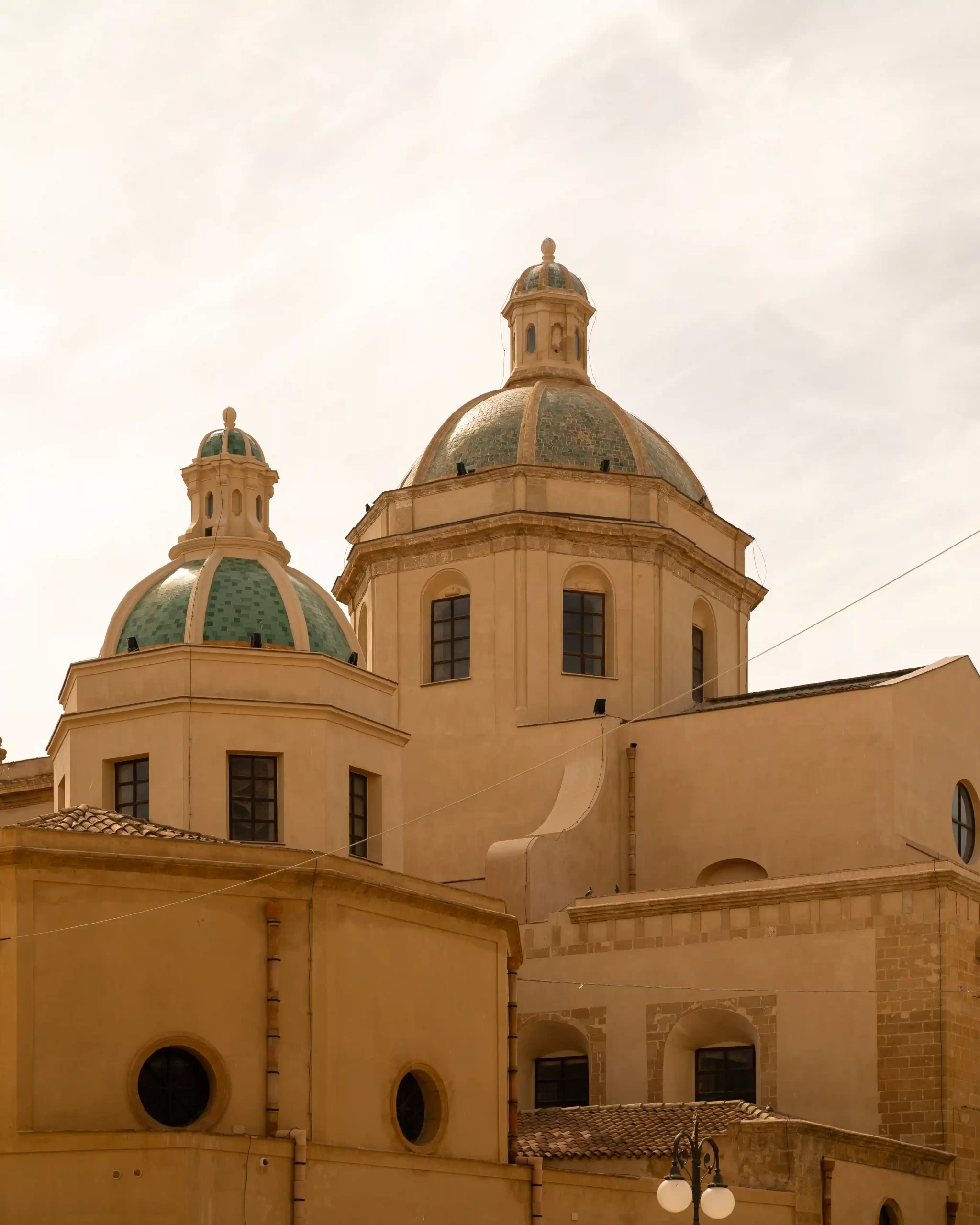
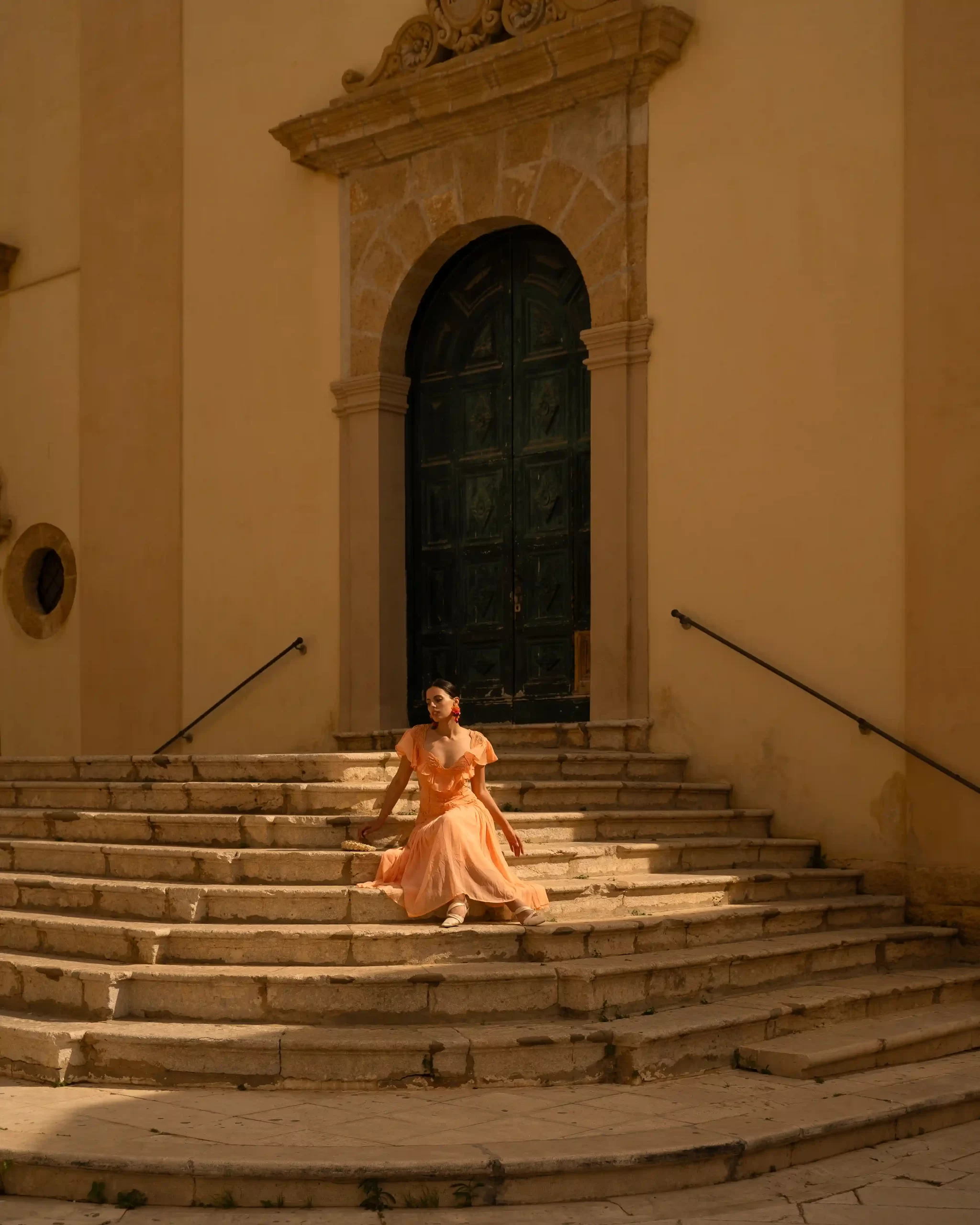
Arabesque tiles
Arabesque tiles adorn the narrow alleys of Mazara, whispering tales of centuries past. Each tile, intricately crafted, reflects the city’s Arab heritage, adding a touch of exotic beauty to the charming streetscape. As sunlight dances on their vibrant patterns, visitors are transported to a bygone era of cultural richness and artistic splendor.
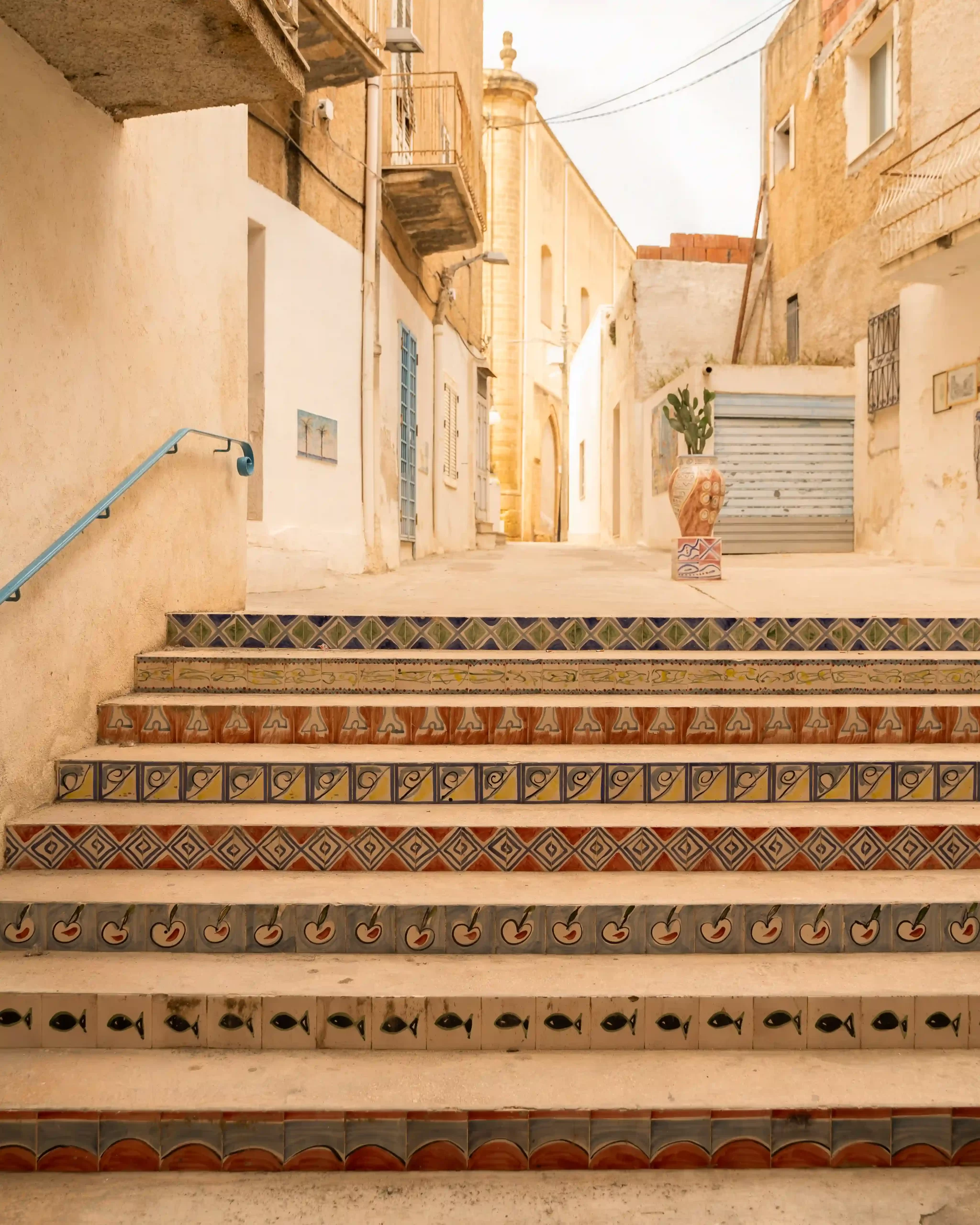
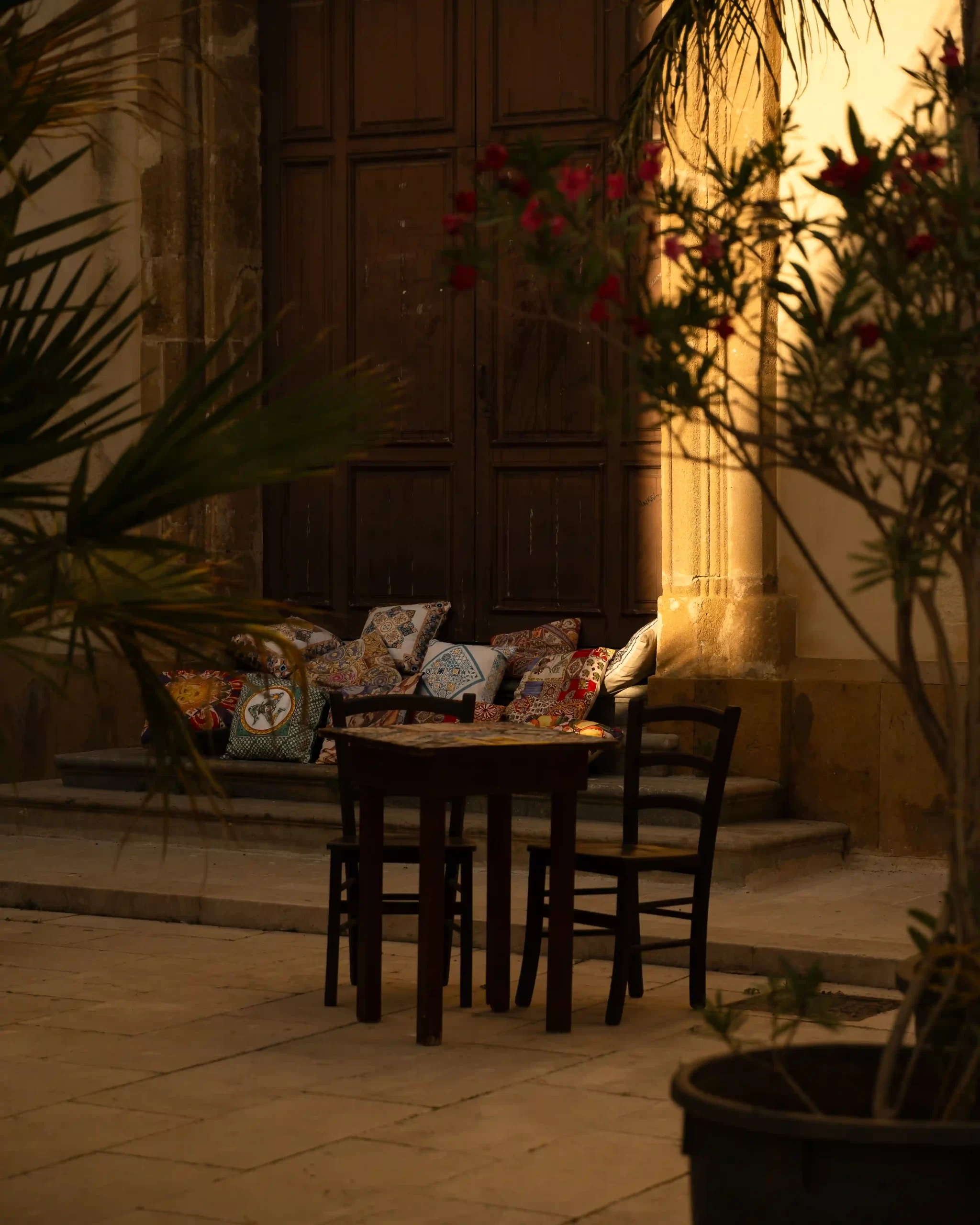
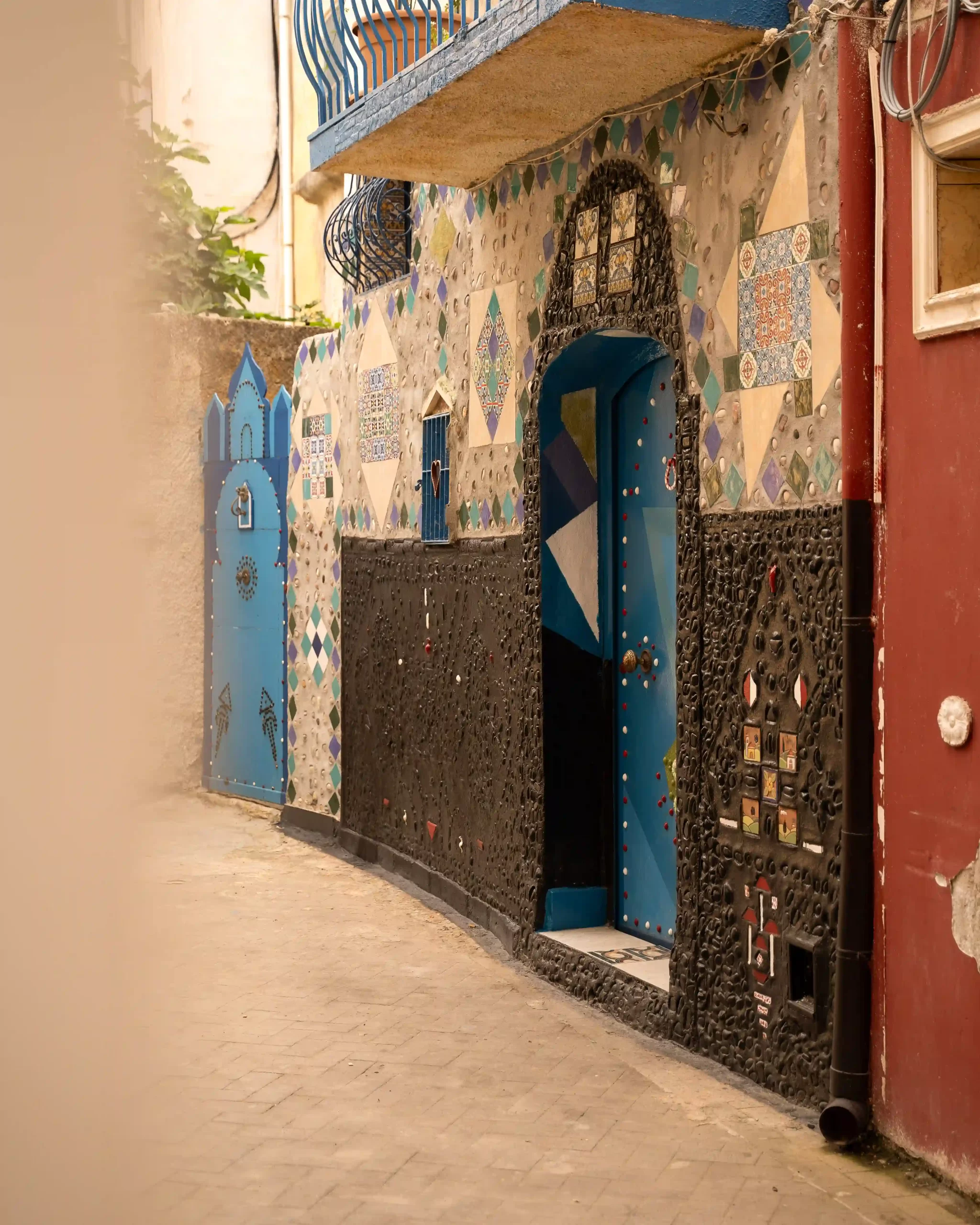
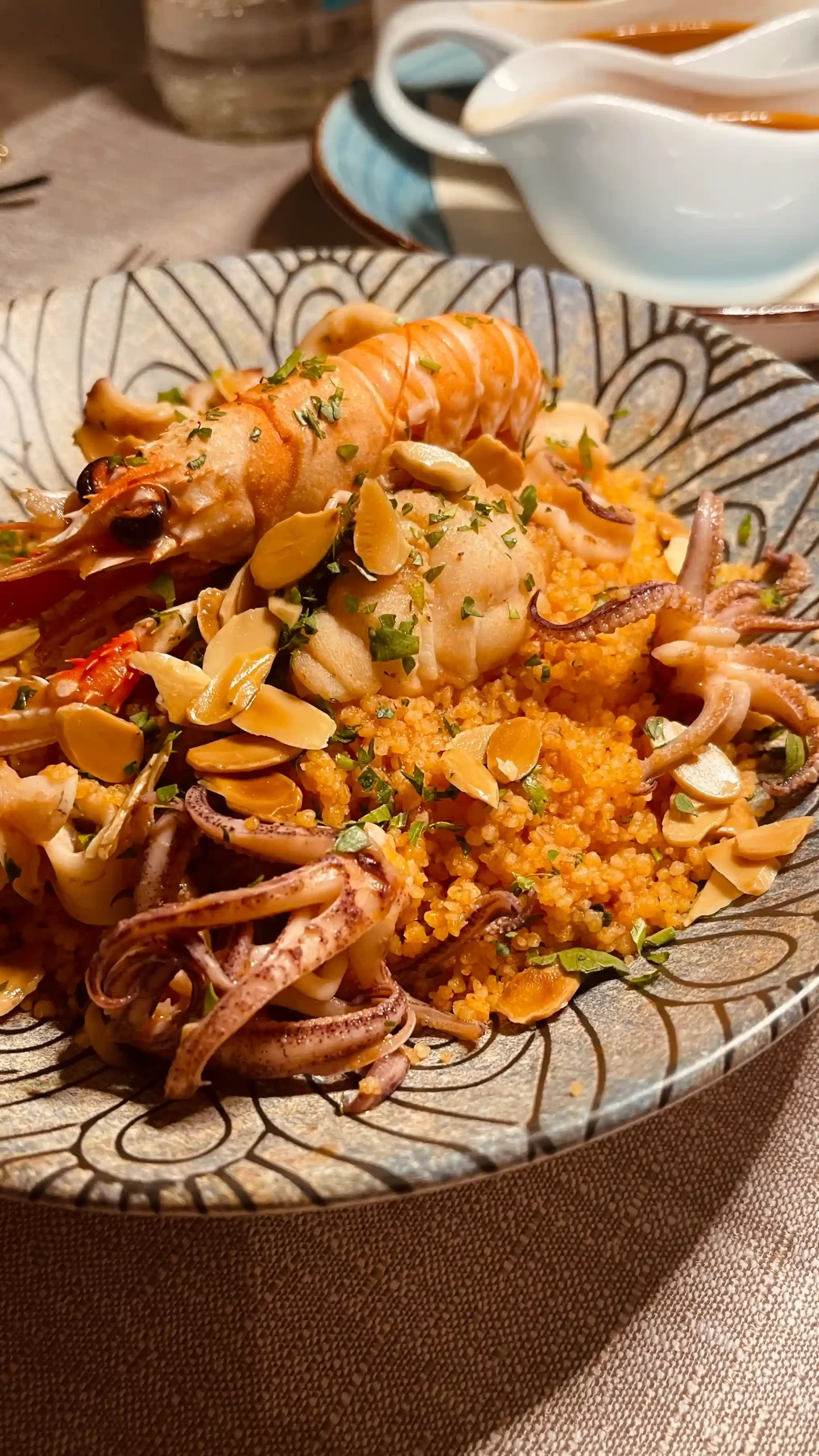
When Arab Cuisine meets Sicily
In Mazara del Vallo, traditional flavors blend harmoniously with Arab influence, creating a unique culinary experience. Trapanese couscous, a prime example of this cultural fusion, marries the richness of oriental spices with Mediterranean flavors. Served with fresh fish and local vegetables, it embodies the rich gastronomic history of this charming Sicilian coastal town.

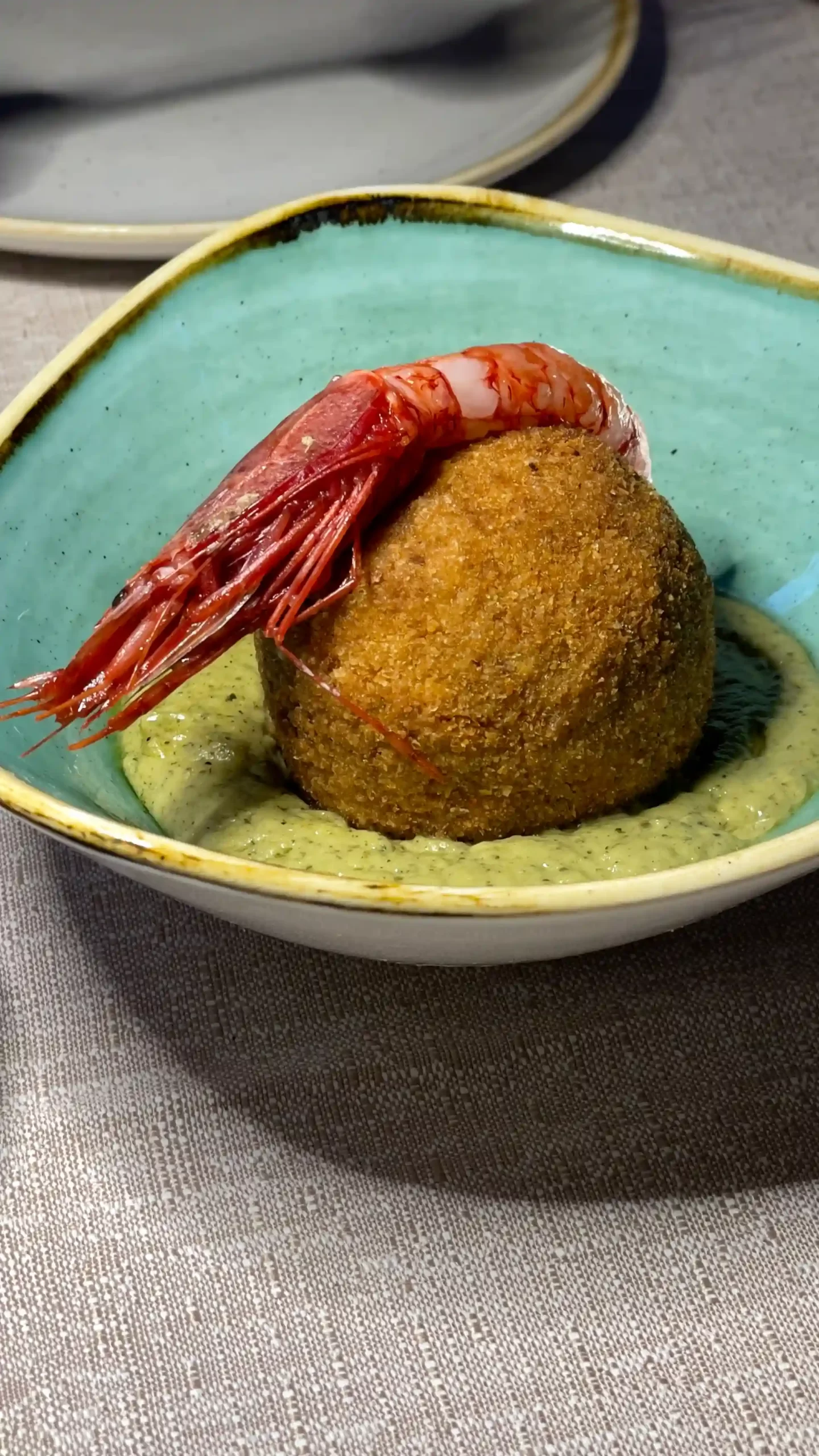
The red shrimp of Mazara del Vallo
